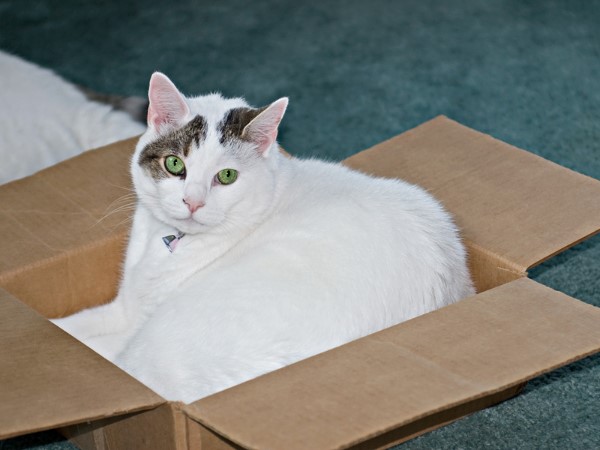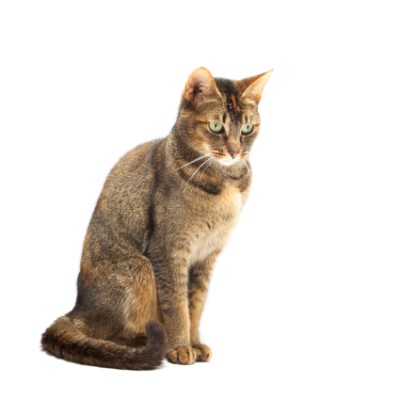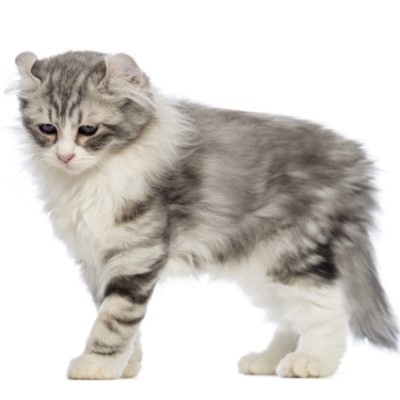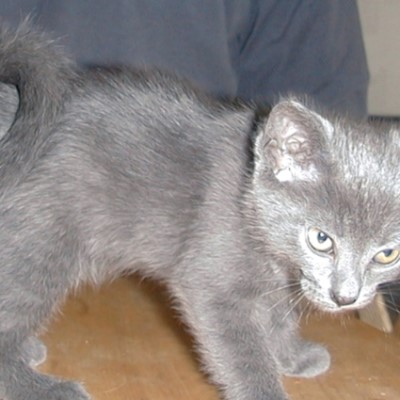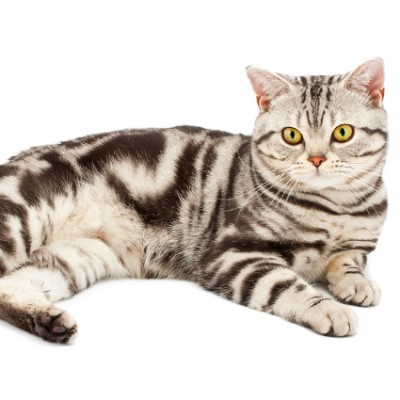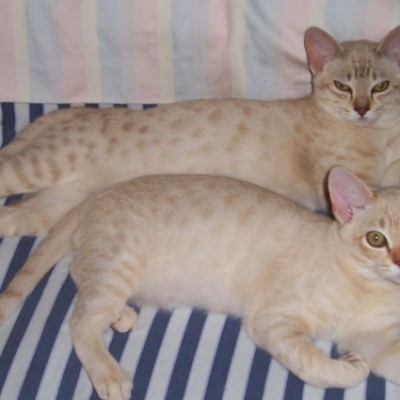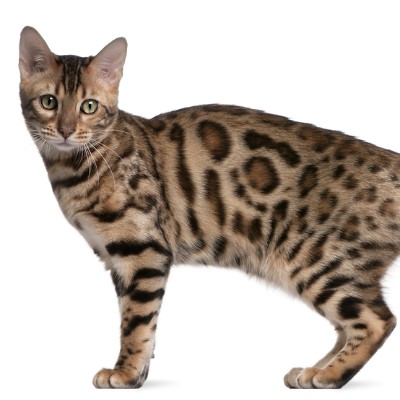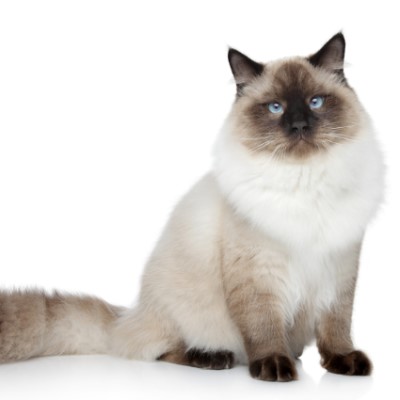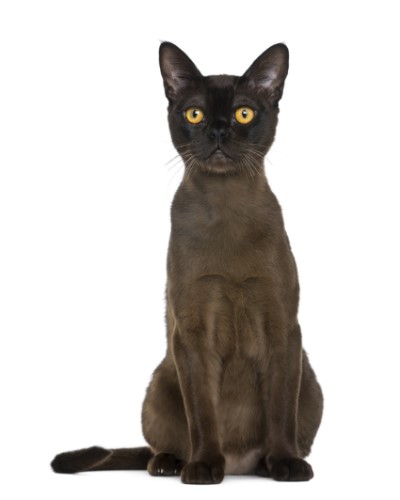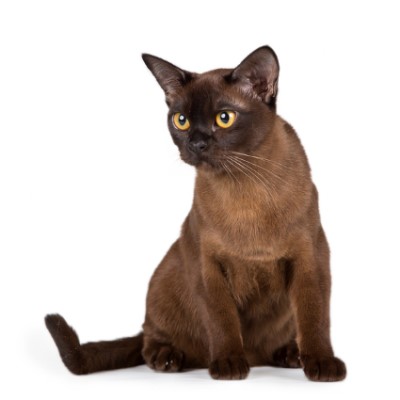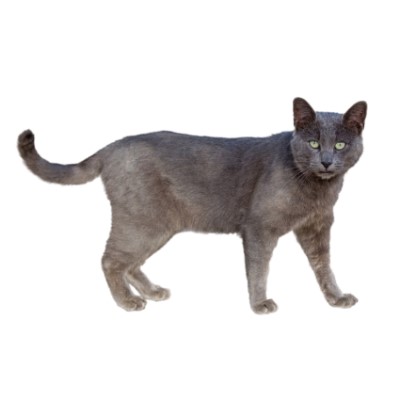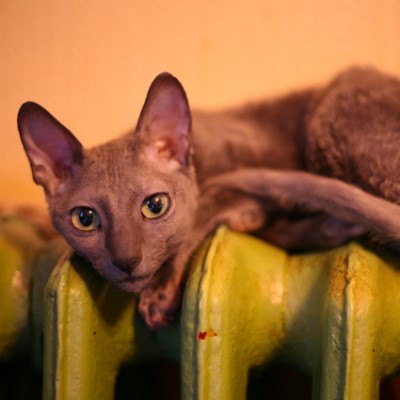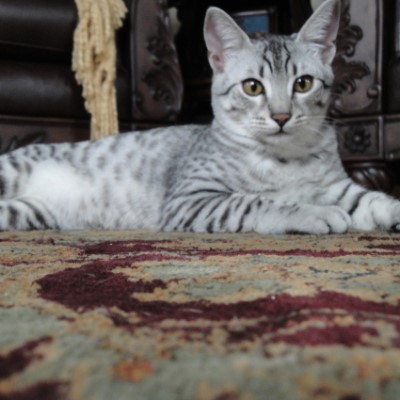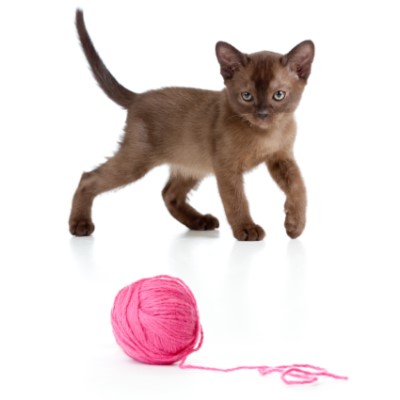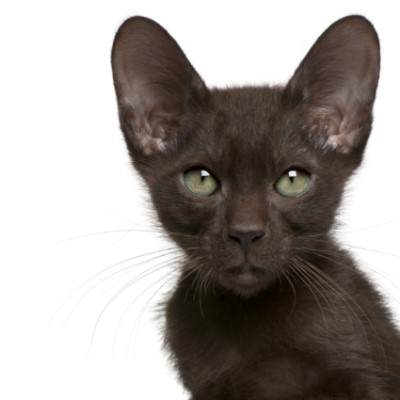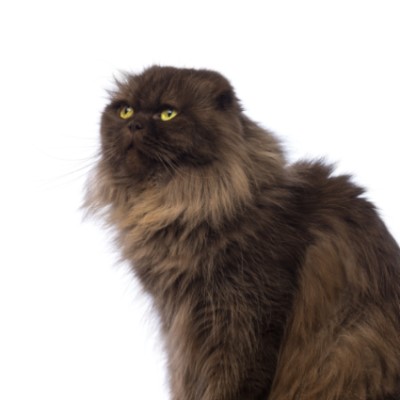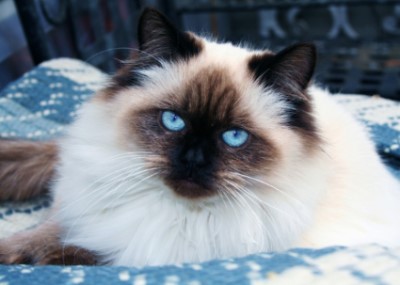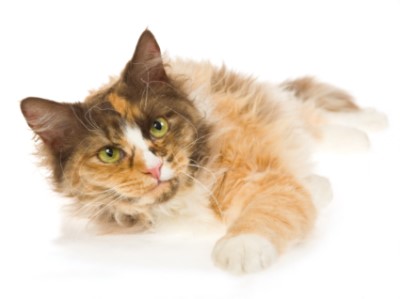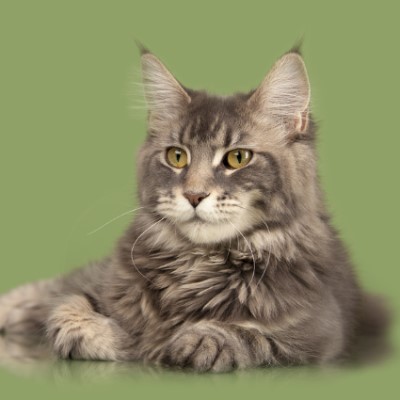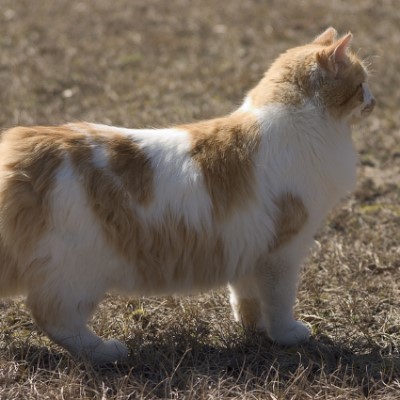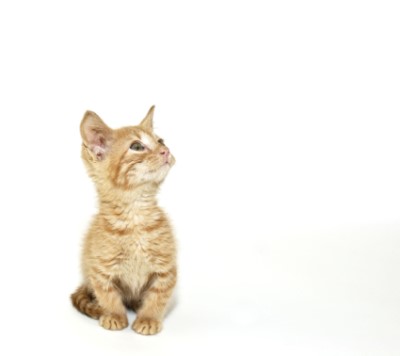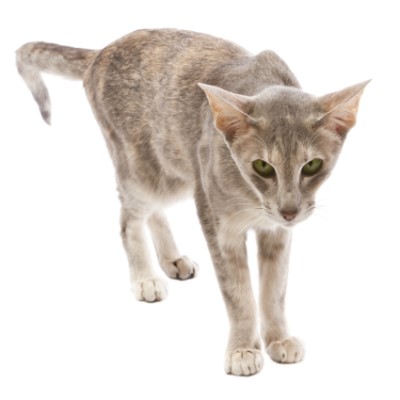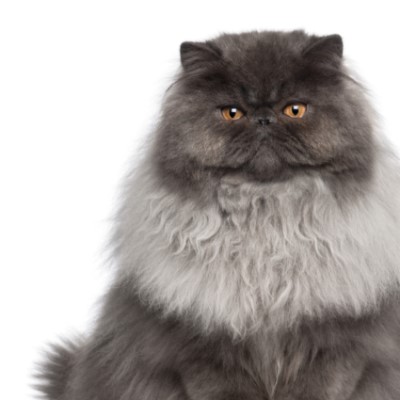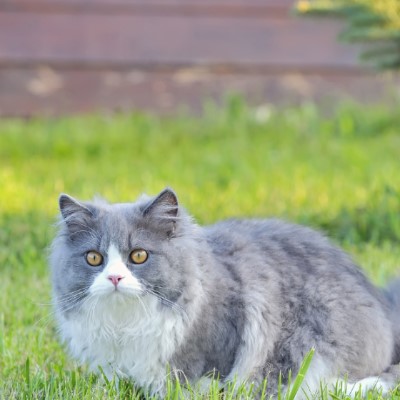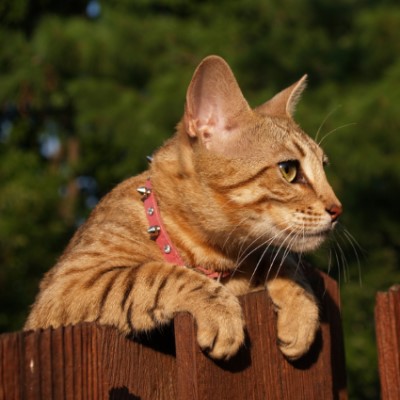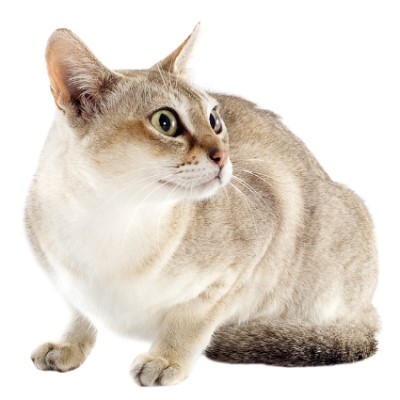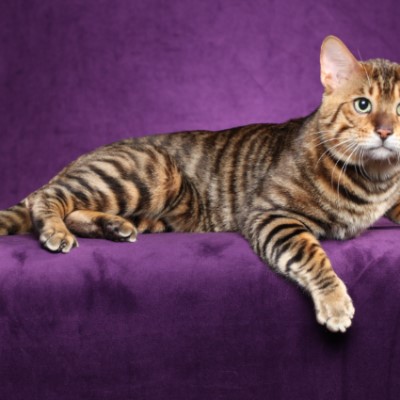Common Reasons for Surrender
The continued economic downturn continues to play a large role in pets, including Turkish Vans, losing their homes. Oftentimes, when a family loses their home, they can either no longer afford to care for their cat or they move to a home that is not pet-friendly. The cat is then surrendered to a shelter or a rescue. However, you may be hard-pressed to find a full-blooded Turkish Van in a shelter or a rescue; most are typically Turkish Van mixes.
Pros
A loyal and intelligent breed, the Turkish Van enjoys entertaining his humans and spending time with them. Turkish Vans typically bond very closely with their humans while displaying an aloofness with strangers or visitors. They are low maintenance, requiring little grooming.
Vans generally do well in a home with well-behaved children. However, they do like to play rough, which could cause problems with young children.
Cons
Turkish Vans are curious cats who like to explore and get into things, which could result in broken valuables. While they may be active when they are kittens, Turkish Vans generally become somewhat lazy as they age. Without exercise and a proper diet, the Turkish Van will easily and quickly gain weight.
Diet
Provide your Turkish Van with a high quality, grain-free cat food. Do not allow free feeding. Instead, split your cat’s daily portions into separate meals and leave the food in her bowl for 15 minutes or so each time. If food remains after that time, take it away. Because Turkish Vans are prone to easy weight gain, you must be careful with what and how much they eat. Treats are acceptable in moderation. A small piece of boiled chicken or a Temptation are both popular treats with most cats.
Exercise
Kittens and young Turkish Vans typically run around and play to get the exercise they need. As the Turkish Van ages, however, she will generally lose that youthful energy. To keep her healthy and her weight down, play with your Van every day. Some Vans will get spurts of energy and run around the house before settling down for a nap.
Possible Health Issues
Typically a healthy breed, Turkish Vans are prone to cancer in their later years.
Litter
Some Vans can be picky when it comes to litter, so find one that your cat likes best. Clumping, digestible litter is typically the safest.
Grooming
Grooming is minimal with a Turkish Van, but it does provide an ideal bonding opportunity. Some people find it’s better to brush their Van daily while others give their cat a thorough brush once or twice a week. Do what works best for your cat. You’ll also need to cut your Van’s nails periodically.
Training
Turkish Vans can easily train if you they’re interested and entertained. In fact, many excel at the agility training during cat shows.
Entertainment
Most people find that two Vans are better than one, especially when it comes to staying entertained. If you have two cats, they’ll enjoy a good game of chase. Vans typically like to bat at toys and to play with laser pens and wand toys. Vans are intelligent and can bore easily. When they get bored, they’ll create their own entertainment, which could lead to trouble.
We want to thank Linda Gorsuch for help with this profile.
